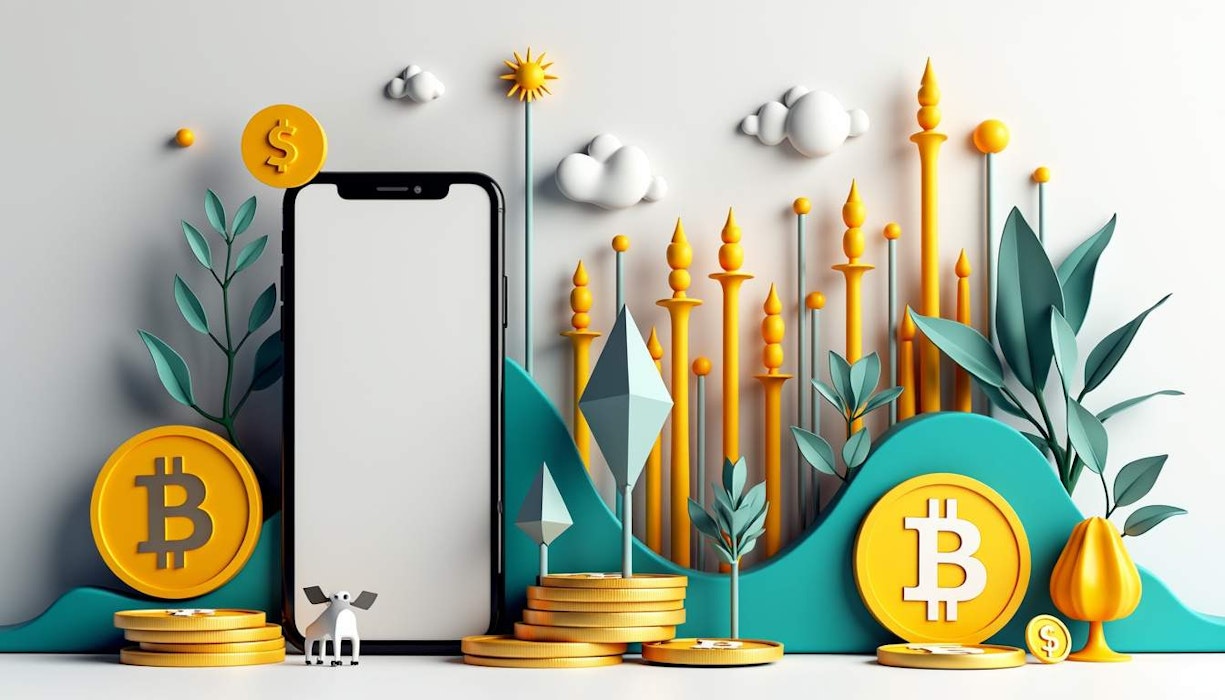The BRICS summit, taking place in Kazan, Russia from October 22 to 24, could be a game changer for international relations. With UN Secretary-General António Guterres in attendance, the summit highlights the bloc's growing clout. The gathering of emerging powers aims to challenge Western dominance and reshape global governance. But what does this mean for the future of economic and political landscapes?
The Significance of Guterres' Attendance
Guterres' participation is noteworthy, especially considering the controversial context surrounding Russia. His presence may compromise the UN's perceived neutrality, but it also underscores BRICS' ambition to be a major player in global affairs. The summit is not just about the founding members; it's an inclusive gathering that seeks to unite various nations around a multipolar vision.
As tensions with the West escalate, discussions at Kazan could lead to strategic agreements aimed at reshaping international economic governance. BRICS countries have long criticized institutions like the IMF and World Bank for being outdated and unrepresentative. By establishing alternative structures such as the New Development Bank (NDB), these nations are positioning themselves as credible alternatives.
De-Dollarization: A Collective Goal?
One of BRICS' main objectives seems to be reducing dependence on the US dollar. While a common currency may still be far off, facilitating trade in local currencies appears to be high on the agenda. This move could help member countries mitigate risks associated with dollar hegemony.
The outcomes of this summit might encourage even more localized financial practices. Countries facing hyperinflation could find strategies for protecting their economies through less dollar-centric approaches.
Summary: A Potential New Order?
As we look ahead, it seems clear that traditional financial systems may face challenges from this emerging coalition. The success of BRICS initiatives will depend on overcoming internal consensus challenges and addressing the entrenched status of the US dollar in global finance.
In an increasingly polarized world, could we be witnessing the birth of a new multilateralism?
